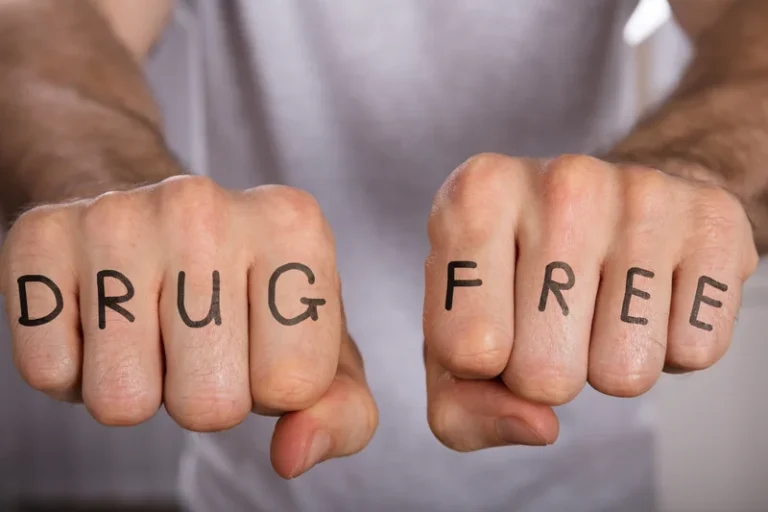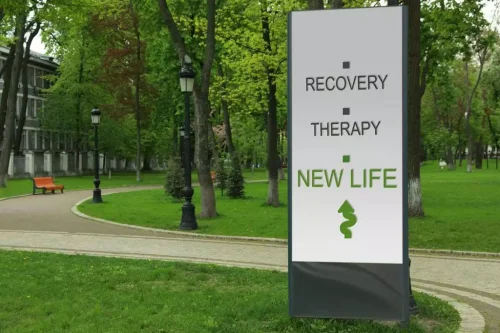9 Supplements Proven to Help You Overcome Addiction and Withdrawal
juli 1, 2024De beste thematische slots om te spelen op ZumoSpin
juli 4, 2024
However, detoxification can be a hazardous and potentially life-threatening process if not done correctly. Abruptly ceasing the use of benzodiazepines, also known as the cold turkey method, can lead to severe withdrawal symptoms and even fatal complications. Detoxing from benzos at home or on your own is dangerous and not recommended, since doing so can lead to serious complications, including the risk for suicide and death.
What is Benzo Withdrawal?

There is some evidence that lithium carbonate may be an effective medication for cannabis withdrawal management. However, until further research has established the efficacy of the medication for this purpose, it is not recommended for use in closed settings. Cannabis withdrawal is managed by providing supportive care in a calm environment, and symptomatic medication as required (Table 3).
Serious Withdrawal Concerns
But if you remove the drug all at once, your brain doesn’t have enough time to prepare, and you can develop life-threatening symptoms like seizures. Experiencing rebound symptoms means the symptoms you had before taking benzodiazepines come back even stronger than before. Think objectively about how you feel after a dose reductionand compare these symptoms to how you feel when you catch a cold or flu. When you get a flu do you worry a lot about how terrible you’refeeling or do you just accept that you’ll feel crummy for a few days and thatyou’ll feel better in time. Benzodizepine users quickly develop a tolerance and startneeding increasingly larger doses to achieve any desired effects.

Acute Benzodiazepine Withdrawal Symptoms
- Within four to six hours of stopping the drug, a person can become agitated and anxious.
- Offer accurate, realistic information about drugs and withdrawal symptoms to help alleviate anxiety and fears.
- These symptoms may complicate the patient’s involvement in treatment and should be taken into account when planning treatment.
Your doctor can help you weigh the potential risks and benefits of benzodiazepine use and your pregnancy. Patients should be observed every three to four hours to assess for complications such as worsening anxiety and dissociation, which may require medication. Patients with cognitive impairments as a result of alcohol dependence should be provided with ongoing vitamin B1 (thiamine) supplements. Withdrawal management rarely leads to sustained abstinence from alcohol. After withdrawal is completed, the patient should be engaged in psychosocial interventions such as described in Section 5. In the first instance, attempt behavioural management strategies as shown in Table 2 (page 33).
Rebound symptoms

Rather, the healthcare worker should regularly (every 3-4 hours) speak with the patient and ask about physical and psychological symptoms. Withdrawal symptoms vary according to the drug of dependence and severity of dependence, but often include nausea, vomiting, diarrhoea, anxiety and insomnia. Table 3 provides guidance on medications for alleviating common withdrawal symptoms. While this drug does have many useful implementations under physician supervision, Benzos, or benzodiazepines, also carry the risk of being a highly addictive substance. As a result, addiction to this drug can occur within a handful of uses and only worsen from there. Once dependency sets in, withdrawal can occur when you try to stop using.

Signs and Symptoms of Benzodiazepine Withdrawal
Refer to the patient’s assessment to determine if he or she is dependent and requires WM. Benzodiazepine withdrawal is known to have two phases, acute withdrawal and post-acute withdrawal. Protracted withdrawal is a prolonged withdrawal experience marked by waves of mild psychological severe benzodiazepine withdrawal syndrome symptoms that come and go over the course of several months. Reckless prescribing practices have contributed to thousands of cases of dependence and misuse. Research shows that in 2018, an estimated 5.4 million people over the age of 12 misused prescription benzodiazepines like Xanax.
Benzodiazepine Withdrawal Timeline

Providing withdrawal management in a way that reduces the discomfort of patients and shows empathy for patients can help to build trust between patients and treatment staff of closed settings. Because it creates this type of euphoria and calming and feel-good result, benzos are highly addictive. The changes they create in the brain can make it very enticing to continue to use them. Over time, the body becomes dependent on the substance to function even at a normal level, making more benzo use necessary. If you are concerned about the risks involved in Xanax tapering for any reason, discuss these concerns with a doctor. While inpatient treatment is typically more expensive, it is covered by many insurance plans.
- The benzo withdrawal timeline varies for each benzodiazepine medication, depending on its particular half-life.
- Psychotherapy can help you understand the root cause of your substance abuse problems.
- Here are nine things to expect during benzo withdrawal, along with how a benzo detox can help you safely and successfully overcome benzo dependence and addiction.
- Xanax is a high-potency drug, which makes its withdrawal symptoms more intense than symptoms of withdrawal from other types of benzodiazepines such as Valium (diazepam).
- See the end of this article for a comprehensive list of lesscommonly experienced withdrawal symptoms.
- If this does not adequately calm the patient, it may be necessary to sedate him or her using diazepam.
Then, when someone is ready to start the journey to sobriety and decides to stop taking benzos, their body goes into benzodiazepine withdrawal. If these severe withdrawal symptoms occur, a person needs medical supervision. The risk of these types of withdrawal symptoms is so high when coming off benzos that people shouldn’t try to detoxify outside of a medical facility. After using benzos for awhile, people may become physically and even mentally dependent on them.
Benzodiazepine Detox Phases and Timeline
Drinking may worsen your withdrawal symptoms (especially the morning after) but there’sanother important reason to avoid alcohol until you feel better. If you have been using benzodiazepines on a daily basis formore than three weeks, you should not stop using suddenly – you need to taperdown instead. See the end of this article for a comprehensive list of lesscommonly experienced withdrawal symptoms. Medical detox involves tapering off the benzo drug under the supervision of a doctor.
Long-Term Treatment for Benzodiazepine Withdrawal
If so, what is the benzo withdrawal timeline when you want to quit taking them? These are important questions to consider if you are currently taking medications to help control your anxiety. But, first of all, it’s vital to know what benzos are, how they work, and what the signs of addiction are. Then you can deal with the withdrawal timeline and seek treatment from Renaissance Recovery. In this phase, people coming off short-acting benzos typically see a decrease in acute symptoms.
